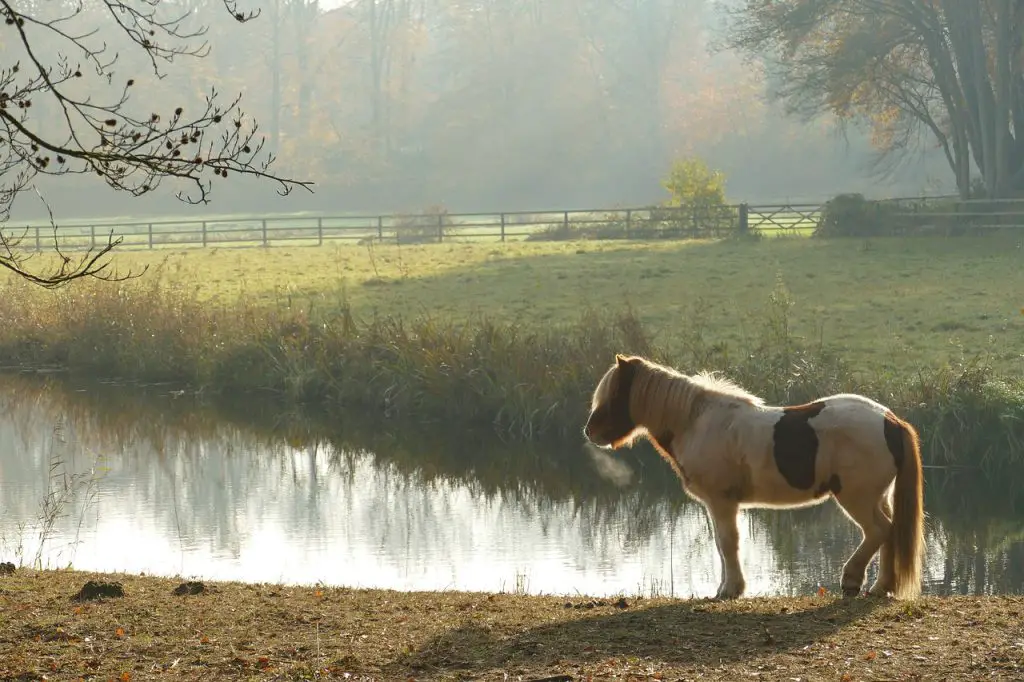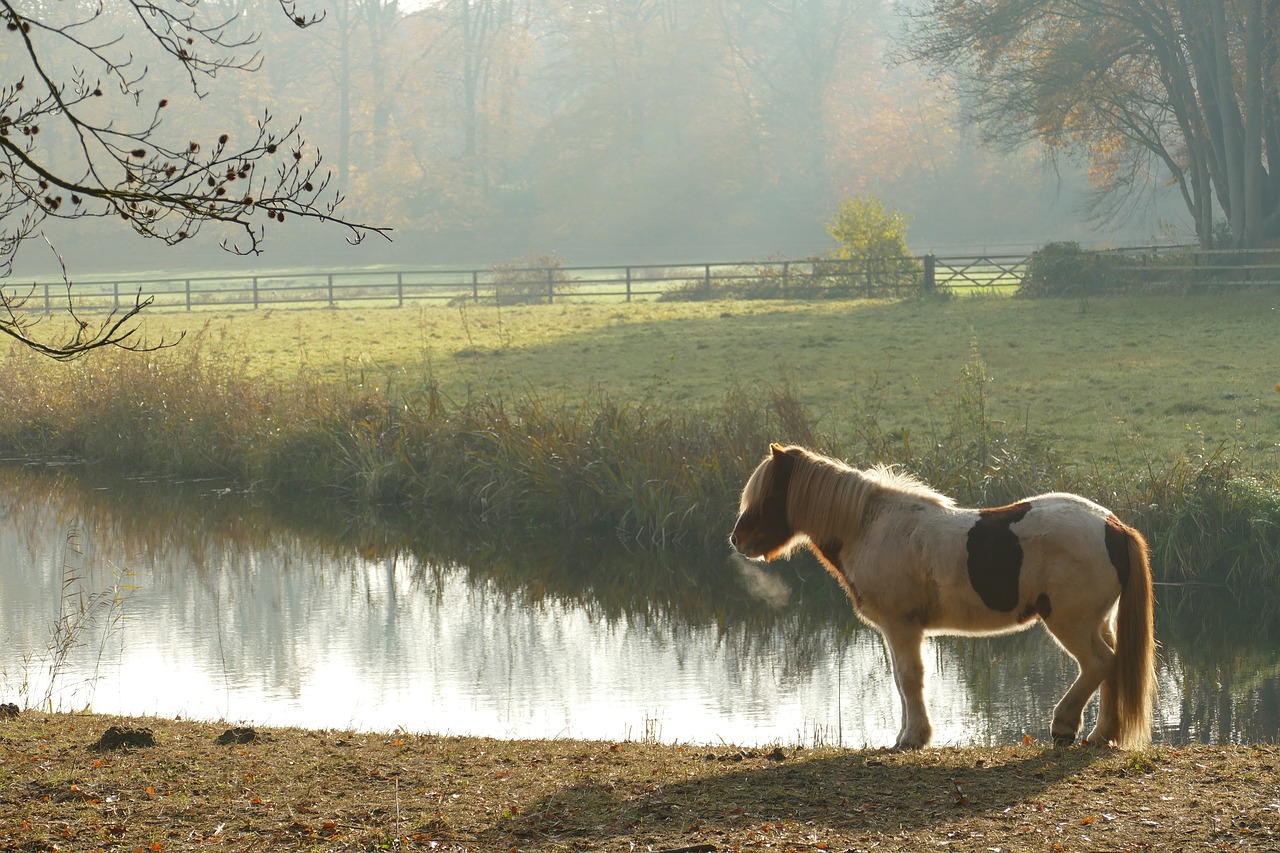Last Updated on February 21, 2022 by Allison Price
Inclement weather, management-related issues and overstocking are all factors that can impact horse time indoors. These factors all play a part in the horse’s time indoors. Heaves is a condition that horses experience in a manner similar to asthma in humans. It is worsened when the horse is kept in confined areas.
“Heaves or recurrent obstruction of the airways is a common problem in horses as it can limit their athleticism, lifespan, and performance,” stated Peter Huntington, B.V.Sc.M.A.C.V.Sc. Director of nutrition, Kentucky Equine Research (Australia).

To maximize horses’ respiratory health after heaves, experts recommend following the guidelines.
- If the horse has been diagnosed as having pasture-associated Heaves, keep him outdoors as much as you can.
- To reduce the amount of dust or mold that can be inhaled from the hay by horses, soak or steam it
- Avoid using round bales when outdoors. Horses will often bury their noses in the middle of a bale, which is convenient but can cause them to inhale mold spores or dust. Spread the hay instead on the ground to encourage drainage of mucus.
- Spread the hay directly on the horse’s stall floor, even indoors.
- Do not clean out the barn, sweep aisles or do any other chores while your horse is indoors.
- You can replace straw bedding with a low-dust substitute such as shredded papers, specialized cardboard products or simple rubber mat with an even thinner layer of absorbtive material. You will need to provide bedding for horses that does not allow urine to splash on their legs.
- Long-chain omega-3 fatty acid docosahexaenoic (DHA), and eicosapentaenoic (EPA) can be added to the diet. They have been shown in studies to reduce inflammation of the lungs. EO-3 is a powerful marine-derived oil high in DHA/EPA and is top-dressed onto feed.
- Use an equine diaper (nappie) One study* found that ammonia, which can be found in horse urine causes inflammation of the respiratory tract. This is not good for horses with heaves. After 42 hours, horses without diapers had more than 4 parts of million (ppm), ammonia in their barns. Horses with diapers had less than 1 part per million (ppm), ammonia within their stalls. Horses exposed to high levels of ammonia had lower feed intake. The researchers concluded that “fitting a diaper effectively reduced horses’ exposure to ammonia gas and helped keep them in good health. In addition, it also reduced the cost of bedding.” However, a nappie may not be an option for horse owners.
Huntington advised Huntington, “In summary, take all precautions to protect your horse’s breath zone–the two-foot circle around his nose from which he draws his air.”


